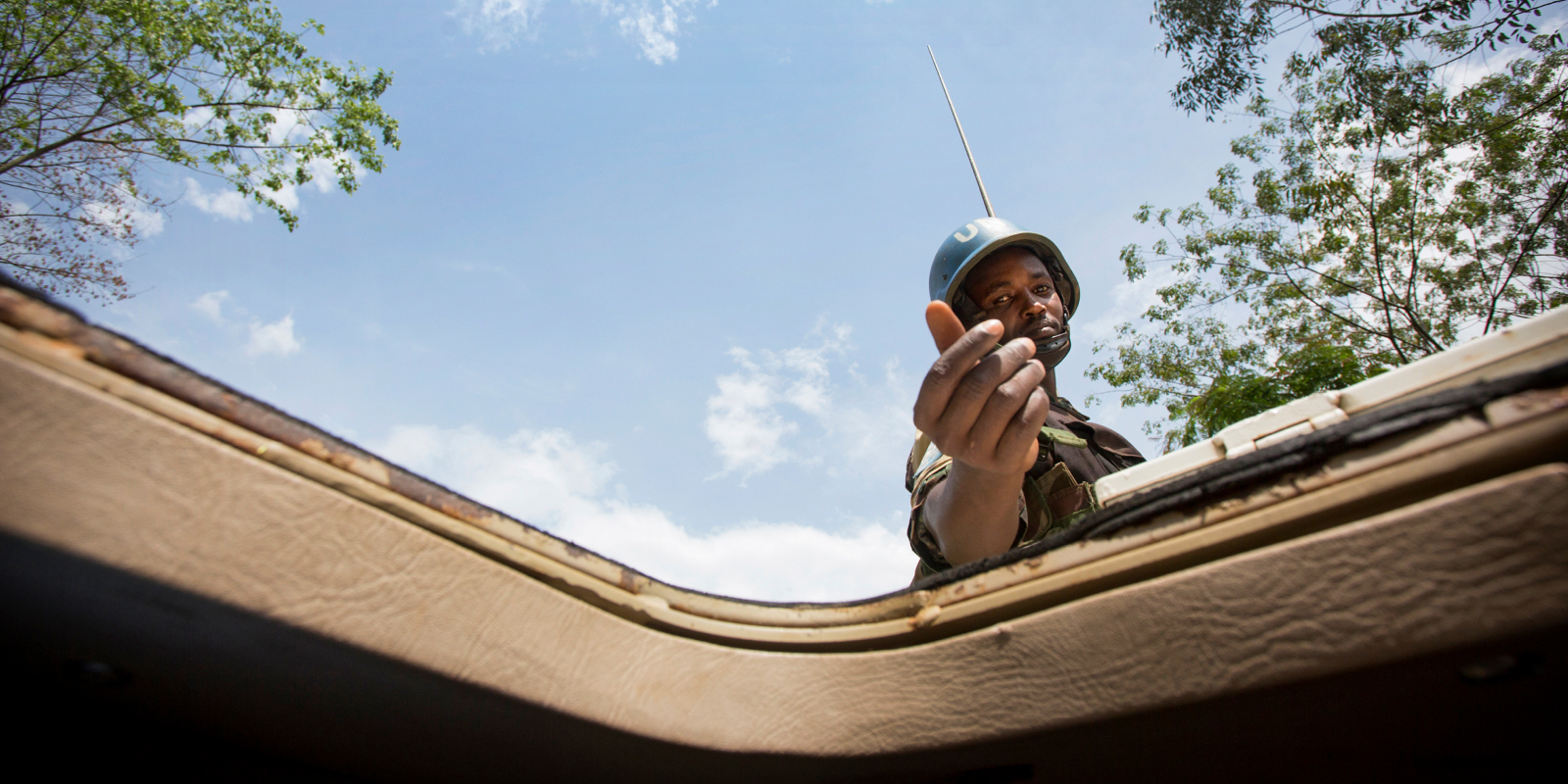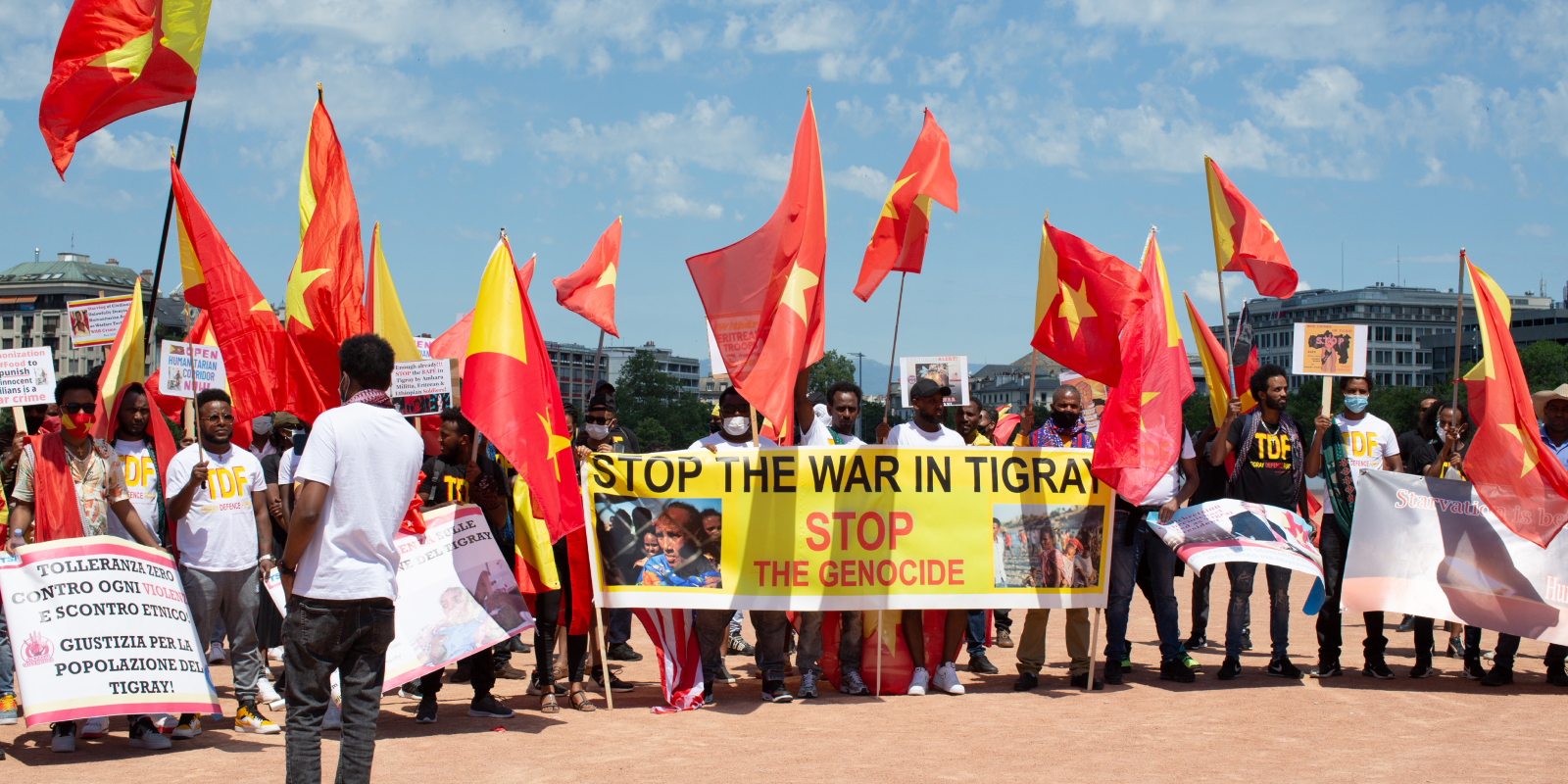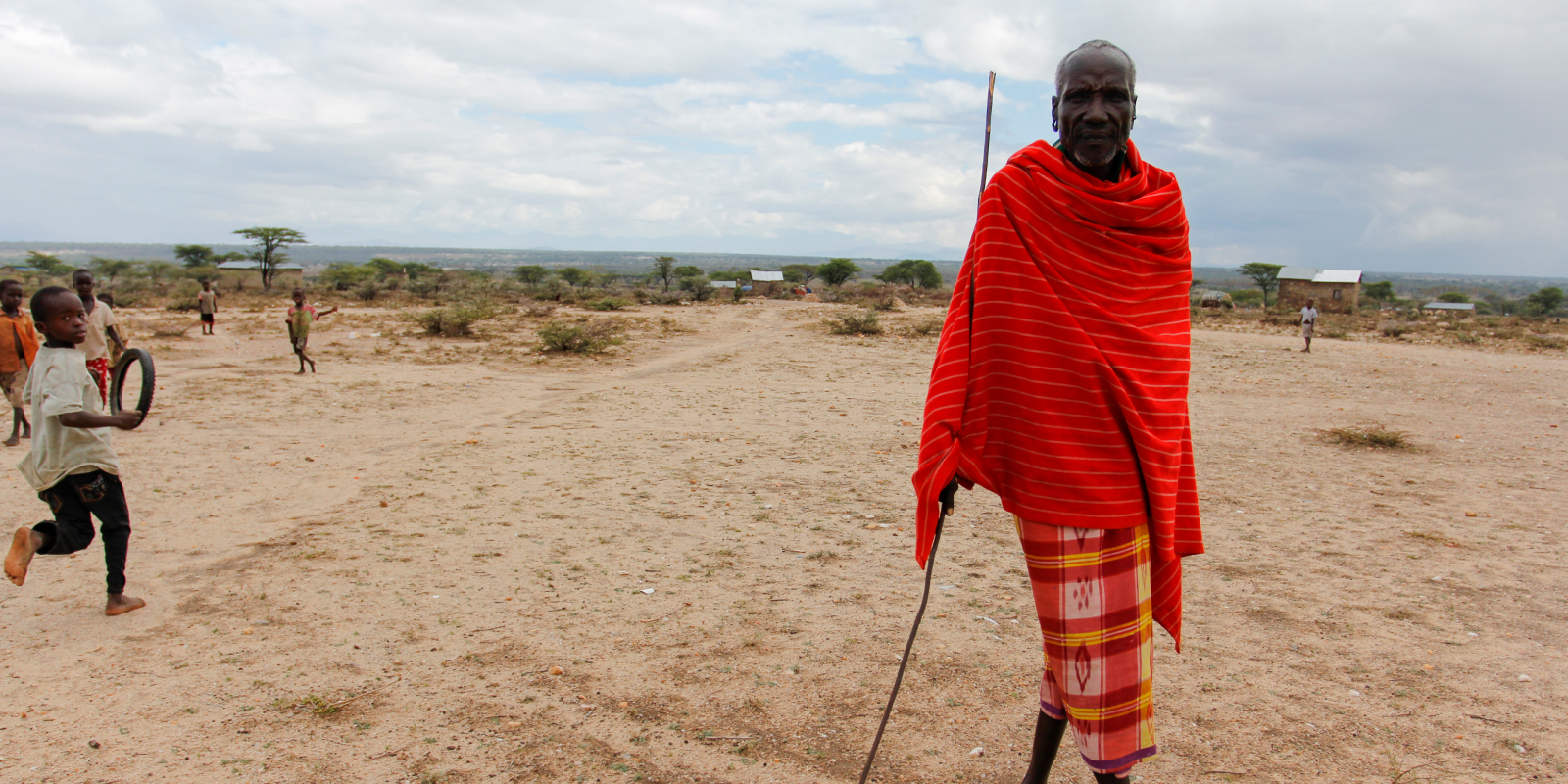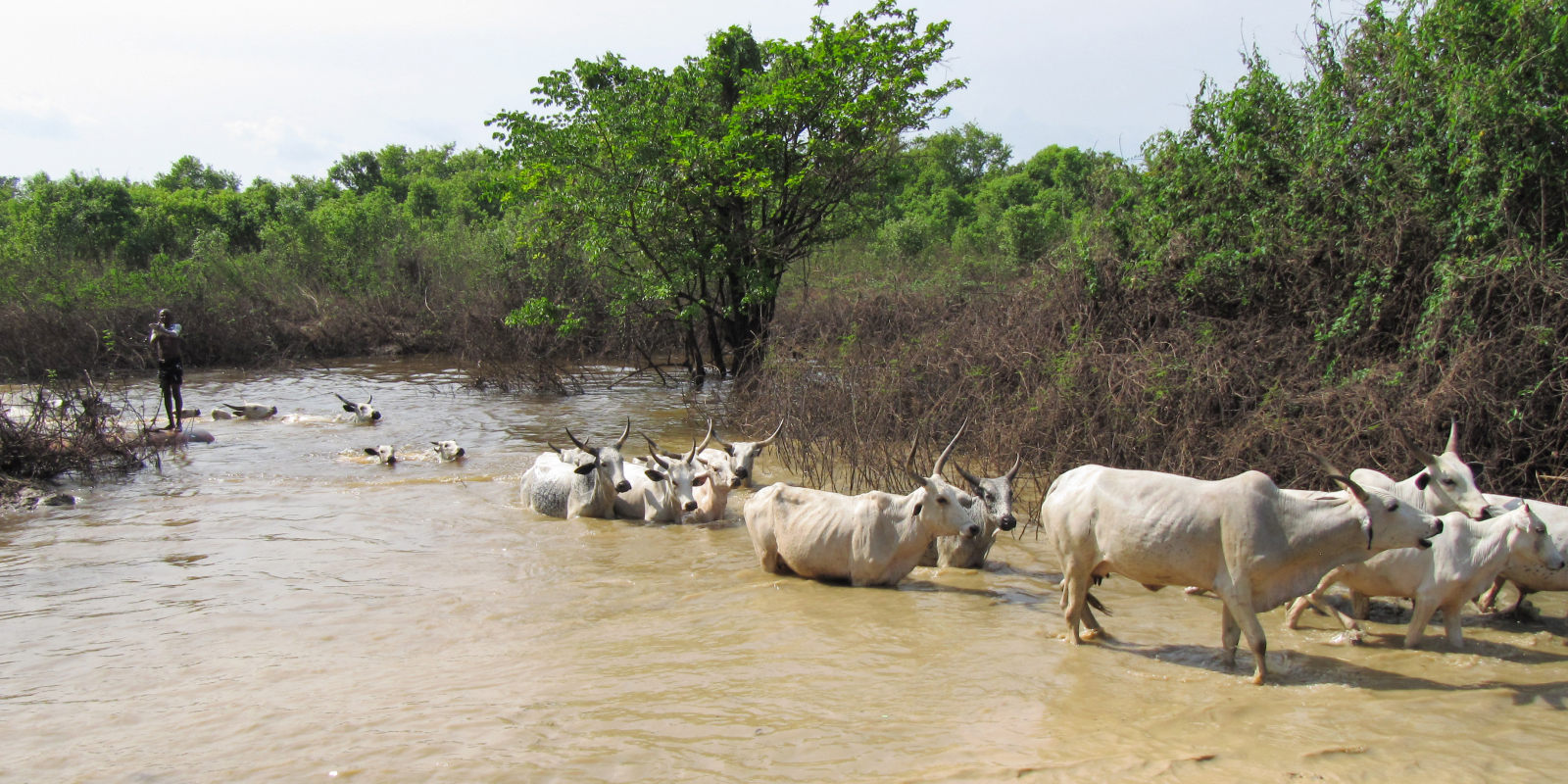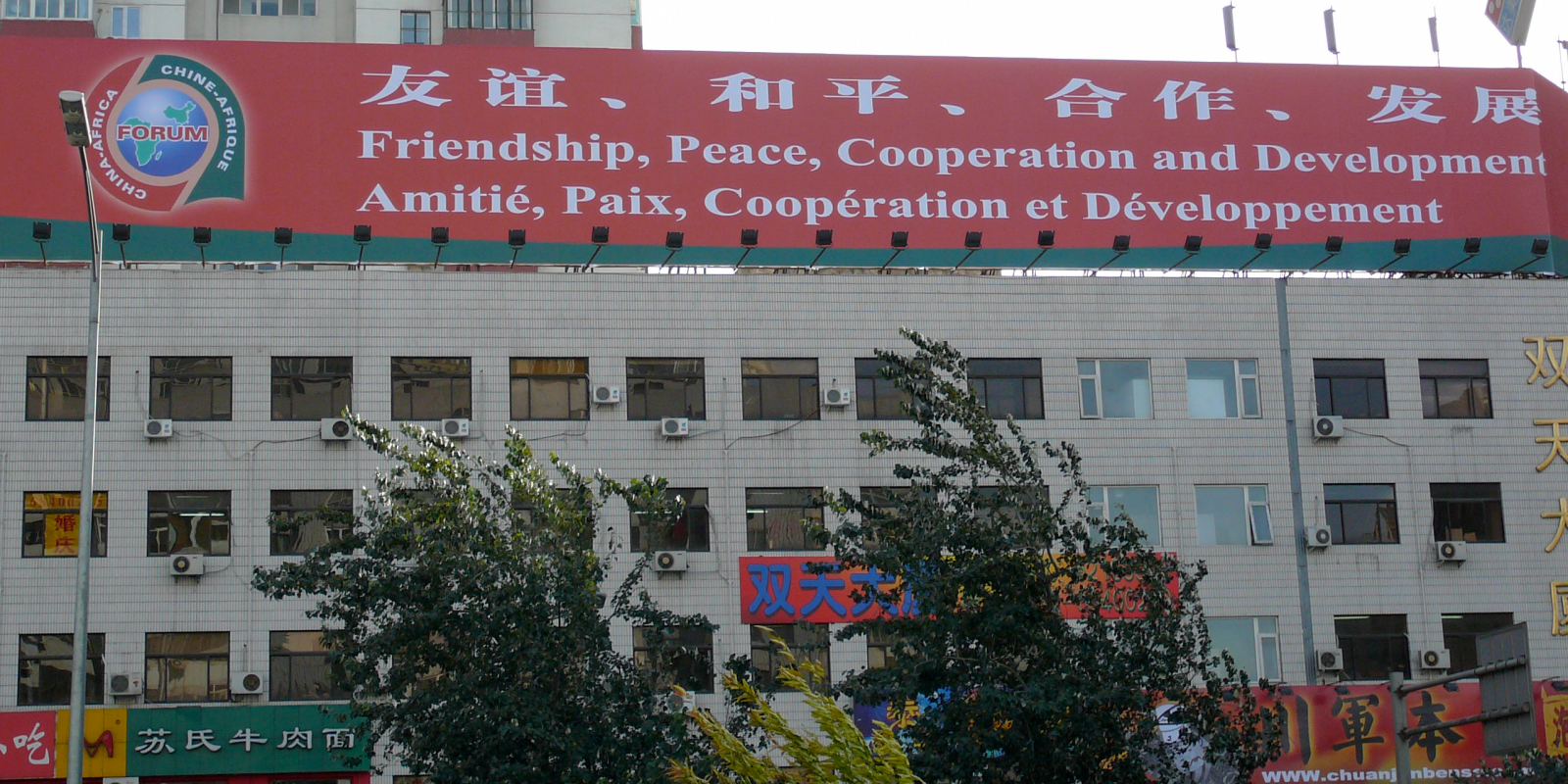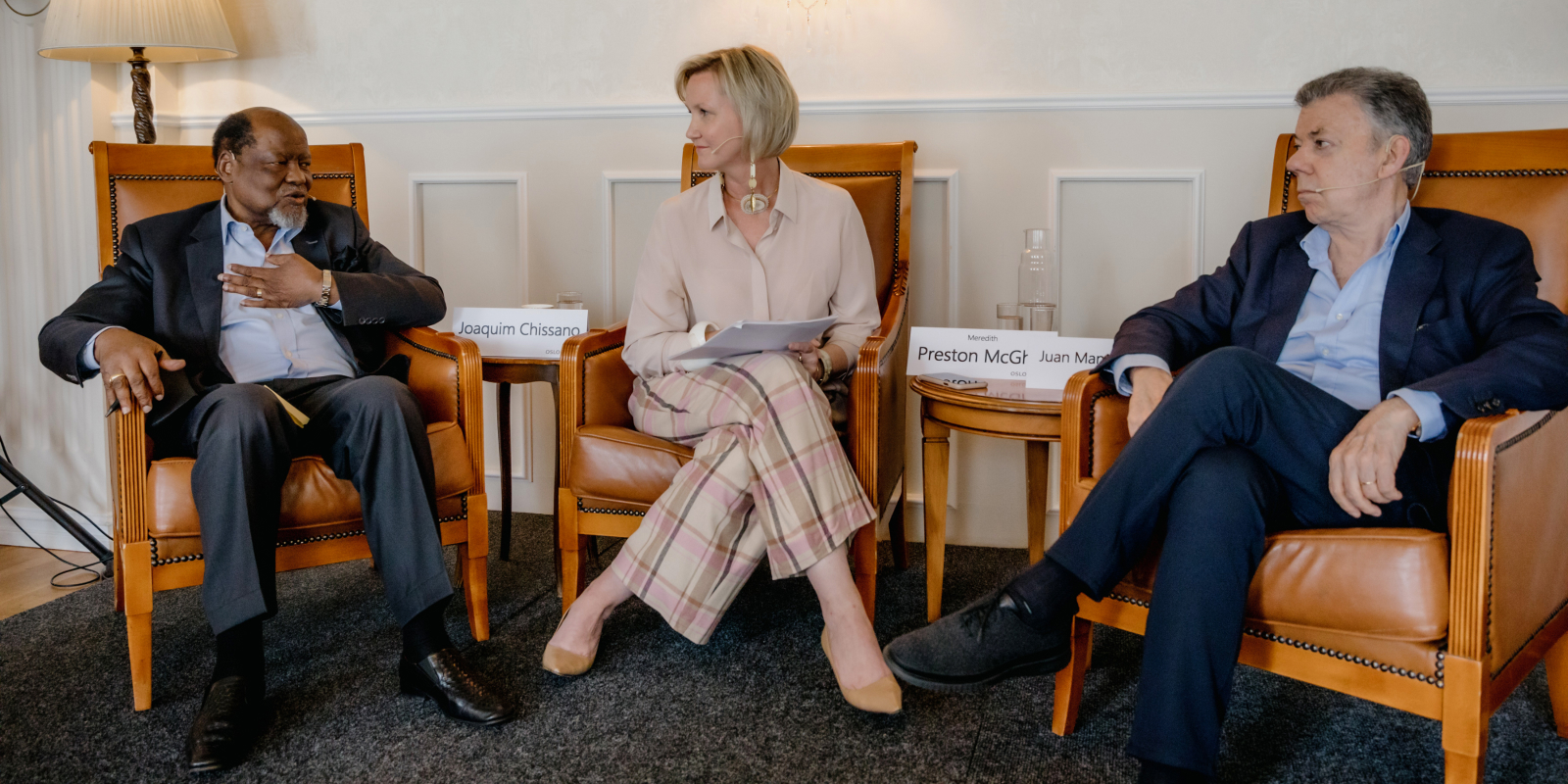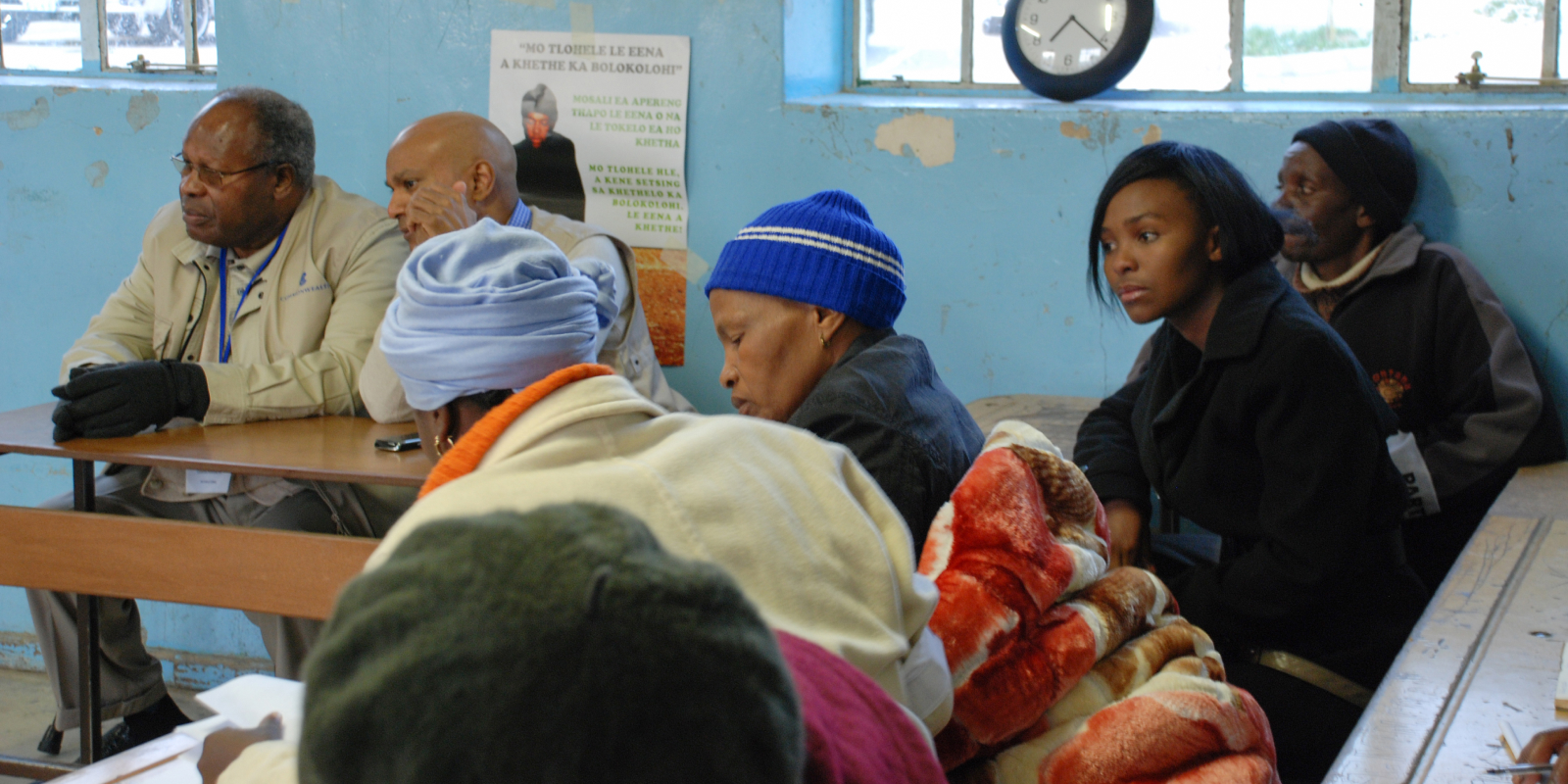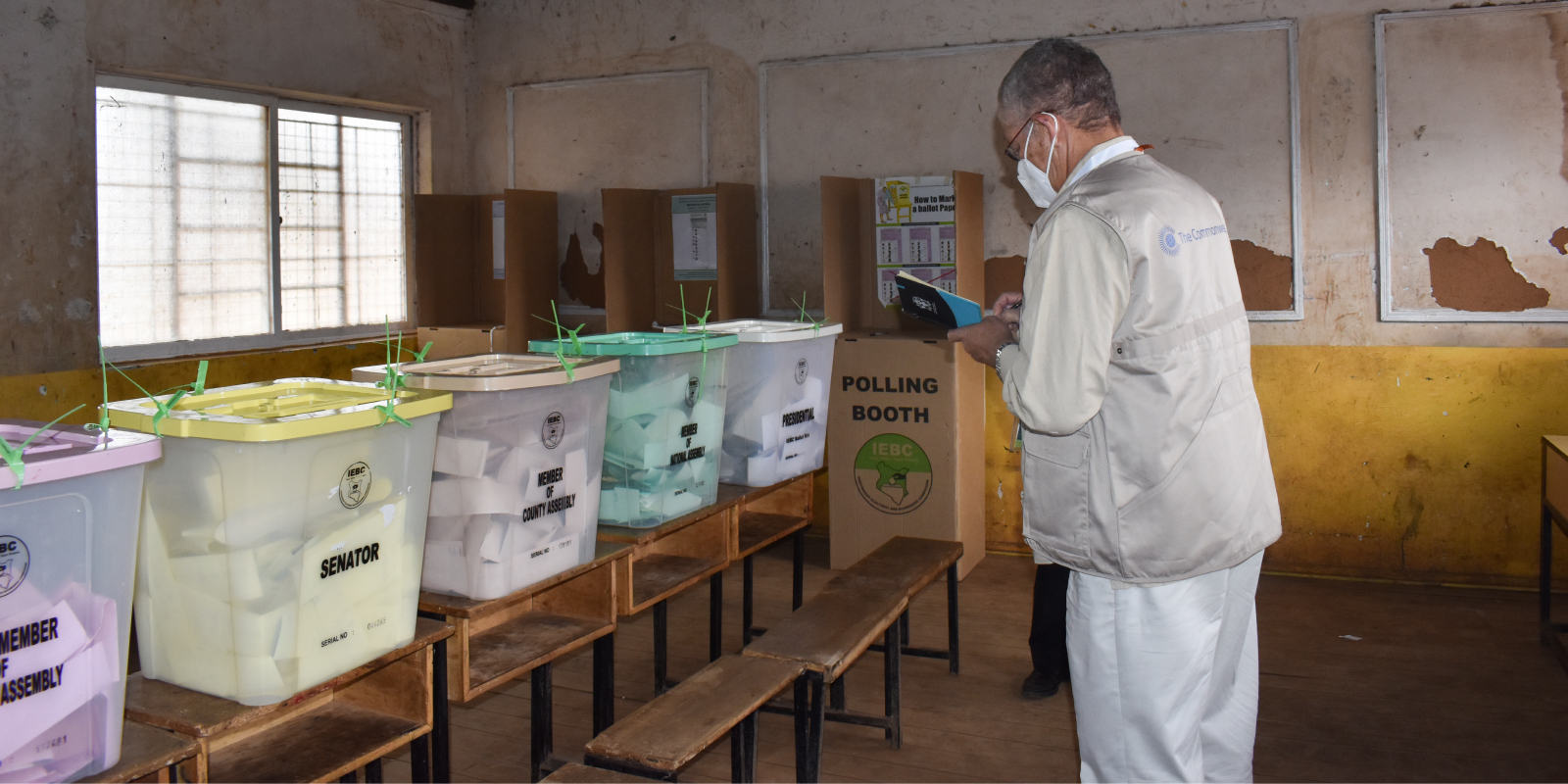We round off the year with a bumper edition of the Conflict and Resilience Monitor that touches on a number of key topics and thematic areas. Our first article is from Emebet Getachew, the Country Manager for Peace Building in Ethiopia at the Life and Peace Institute, who writes about the recently concluded Ethiopian peace talks and the areas that need to be addressed for peace to be sustained in Ethiopia.
Our next two articles discuss climate change and its impact on Africa. Cedric de Coning from ACCORD and NUPI and Hafsa M. Maalim from SIPRI writes about the need to integrate peacebuilding into the climate security concept. Katongo Seyuba, from SIPRI, writes about the effects of climate change in the Southern African region.
Our fourth article is from Prof Kwesi DLS Prah, a historian based at UNISA, who writes about the need for Africa to control its own narrative. For our fifth and sixth articles we head to Southern Africa, where Prof Gabriel Kabanda, Adjunct Professor of Machine Learning at Woxsen University, has written about the appointment of former president Joachim Chissano to engage with the international community and creditors on behalf of Zimbabwe. Prof Khabele Matlosa, visiting professor at the University of Johannesburg, then follows this up with an article on Lesotho and the recently concluded elections. He provides six areas that he believes need to be addressed in order for lasting peace to be achieved in the Kingdom.
Finally, we end the Monitor off with an article from Katharine Bebington, a programme officer at ACCORD, who writes about the state of democracy in Africa and the elections that took place in Senegal, Lesotho and Kenya this year.

